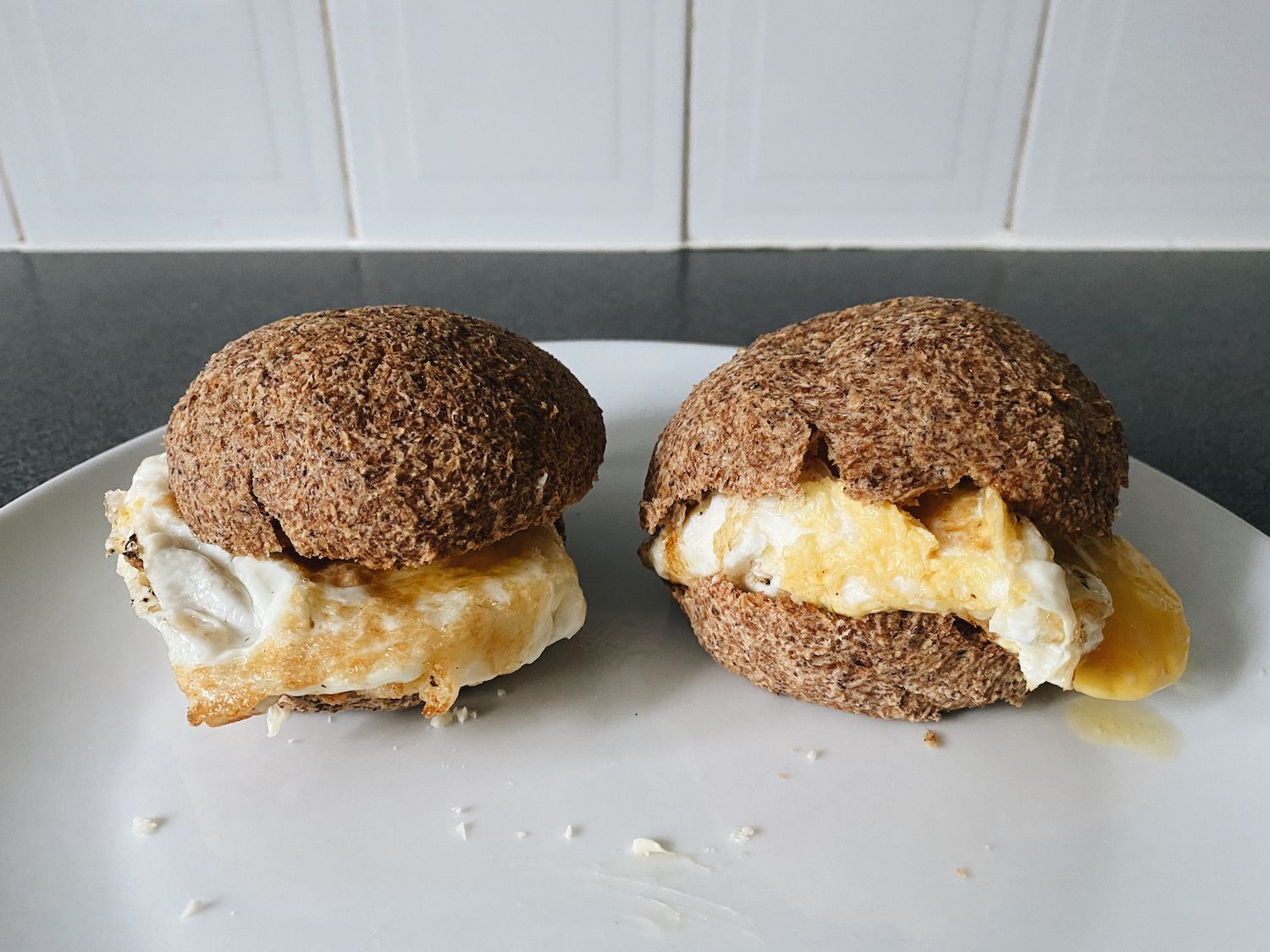#
Making Bread
**WHY YOU CAN'T BEAT THE EXISTING RECIPES**
I don't think anyone knows who invented bread, and I don't think we can ever know. It's one of those things that go back in to antiquity. Many of the foods that we eat were *invented* accidentally while trying to figure out how to preserve fresh produce, or while laying there in the dark corner of the cave pantry, out in the sun under a tree from whence it fell, or immersed in stream water. Bacteria fermented and spoiled foods; sauerkraut, pickles, [banku](https://en.wikipedia.org/wiki/Banku), sour milk, cheese, etc. Sun, salt or smoke dried foods; [crayfish](https://en.wikipedia.org/wiki/Crayfish), [stockfish](https://en.wikipedia.org/wiki/Stockfish), raisons, dates, prunes, parma ham, etc. Some of the delicacies occurred after the invention of fire; roasted tubers, meat, fish and vegetables. Further along the line, the invention of the oven sometime in ancient times brought us what is probably the greatest invention of all time - ***"bread"***.
I don't think anyone knows who invented bread, and I don't think we can ever know. It's one of those things that go back in to antiquity. Many of the foods that we eat were *invented* accidentally while trying to figure out how to preserve fresh produce, or while laying there in the dark corner of the cave pantry, out in the sun under a tree from whence it fell, or immersed in stream water. Bacteria fermented and spoiled foods; sauerkraut, pickles, [banku](https://en.wikipedia.org/wiki/Banku), sour milk, cheese, etc. Sun, salt or smoke dried foods; [crayfish](https://en.wikipedia.org/wiki/Crayfish), [stockfish](https://en.wikipedia.org/wiki/Stockfish), raisons, dates, prunes, parma ham, etc. Some of the delicacies occurred after the invention of fire; roasted tubers, meat, fish and vegetables. Further along the line, the invention of the oven sometime in ancient times brought us what is probably the greatest invention of all time - ***"bread"***.

Originally posted here: https://hive.blog/hive-120586/@adetorrent/bread-why-you-cant-improve-on-the-greatest-invention-of-all-time
No comments:
Post a Comment